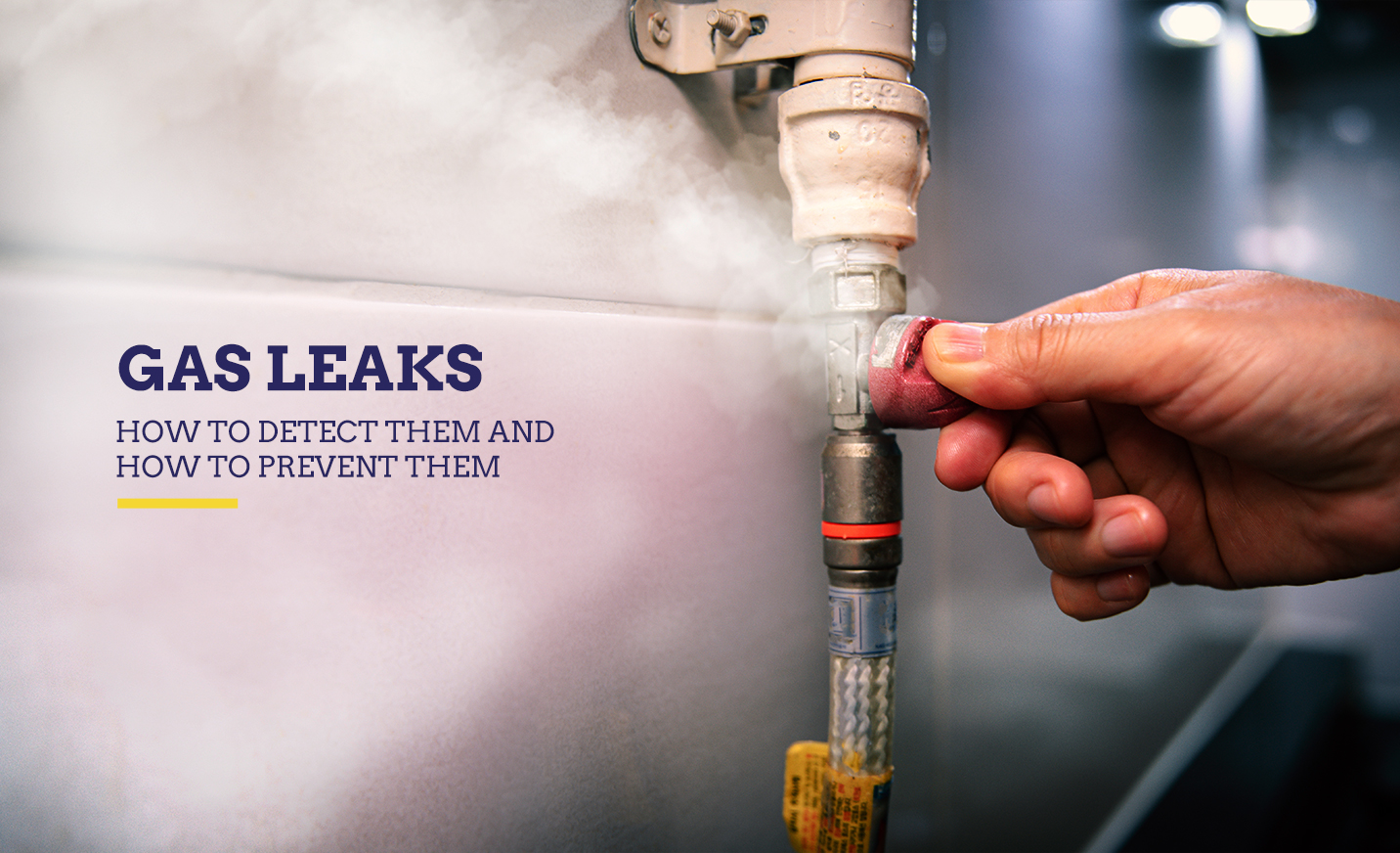Gas Leaks: How to Detect Them and How to Prevent Them
Gas Leaks: How to Detect Them and How to Prevent Them
Overview: Learn how to detect and prevent gas leaks in your home with our helpful guide. Discover the common causes of gas leaks, the signs to look out for, and the preventative measures you can take to keep your home and family safe. Stay informed and prepared with our expert tips!
It’s always important to feel safe and secure in your own home, and that means being aware of potential dangers like gas leaks. Gas leaks can be scary, but don’t worry — we’re here to help you learn how to detect and prevent them.
As a homeowner, it’s important to take steps to ensure the safety of your family and your property. One potential danger that shouldn’t be overlooked is gas leaks. Gas leaks can be incredibly dangerous, as they can possibly lead to fires, explosions, and even fatalities. By being aware of the signs of gas leaks and taking the necessary preventative measures, you can significantly reduce the risk of a gas leak occurring in your home.
Read on to learn more about gas leaks and how to keep your home safe.
What Causes Gas Leaks?
Gas leaks can be caused by a variety of factors. While one common cause is aging gas pipes that have become corroded or damaged, another is poor installation or maintenance of gas appliances. Gas leaks can also occur due to natural disasters, such as earthquakes, which can damage gas lines.
>> Related Reading: Gas Leaks: How They Occur and What to Do About It
How to Detect Gas Leaks
Detecting a gas leak early is crucial to preventing a disaster. Here are some ways to detect gas leaks:
Smell: Natural gas actually has no odor, which is why utility companies add a distinctive-smelling compound to it, allowing homeowners to detect it quickly when a gas leak occurs. The result is often described as a “rotten egg” smell. If you detect this smell in your home, it’s essential to evacuate immediately and call a gas leak plumber near you or emergency services.
Hissing Sound: A hissing sound coming from a gas appliance or gas line could be a sign of a gas leak. If you hear this sound, turn off the gas supply to the appliance or gas line and evacuate the area.
Physical Symptoms: Exposure to natural gas can cause physical symptoms such as dizziness, headaches, and nausea. If you experience any of these symptoms in your home, it’s crucial to evacuate immediately and seek medical attention.
Gas Detectors: Installing a gas detector is an effective way to detect gas leaks in your home. These detectors can alert you to the presence of natural gas, even when you can’t smell it. However, note that it’s important to test these detectors regularly and replace batteries as needed.
How to Prevent Gas Leaks
Preventing gas leaks before they happen is an excellent way to ensure the safety of your home and family. Here are some ways to prevent gas leaks:
Regular Maintenance: Regular maintenance of gas appliances and gas lines can prevent gas leaks. Hire a professional gas plumber to inspect your gas appliances and gas lines at least once a year.
Install Carbon Monoxide Detectors: Carbon monoxide is a byproduct of natural gas combustion and can be deadly in high concentrations. Installing carbon monoxide detectors in your home can alert you to dangerous levels of this gas.
Proper Installation: It’s essential to have gas appliances installed by a licensed professional. Poor installation can lead to gas leaks and other safety hazards.
Turn Off Gas Appliances: Turn off gas appliances when they’re not in use to prevent gas leaks. This includes turning off the gas supply to gas grills and other outdoor gas appliances.
Do Not Store Chemicals Near Gas Appliances: Flammable chemicals shouldn’t be stored near gas appliances! They can increase the risks associated with a gas leak.
What to Do if You Suspect a Gas Leak
If you suspect a gas leak in your home, it’s essential to act quickly. Here are some steps to take if you suspect a gas leak:
Evacuate: If you detect the smell of natural gas, evacuate your home immediately. Do not turn on any lights or appliances or use the phone until you’re outside the home and a safe distance away.
Call for Help: Call the gas company or emergency services from a safe location. Do not attempt to find or fix the source of the gas leak yourself.
Do Not Return Until Cleared: Do not re-enter your home until the gas company or emergency services have cleared it for re-entry.
In Summary
Gas leaks can be very dangerous and even fatal if not detected and prevented early enough. It’s crucial to take preventive measures such as proper installation of gas equipment, regular maintenance, and inspection of gas lines and appliances to ensure they are in good working condition.
In addition to taking preventive measures to detect and prevent gas leaks, it’s essential to have a reliable and professional service to assist in ensuring the safety of your gas appliances and lines. At Pipe It Right, we provide expert installation, maintenance, and inspection of gas equipment. We’ll make sure everything is in excellent working condition, thus minimizing the risk of gas leaks.
Don’t hesitate to contact us today to schedule an appointment and ensure the safety of your home or workplace. Remember, prevention is always better than cure when it comes to gas leaks!


